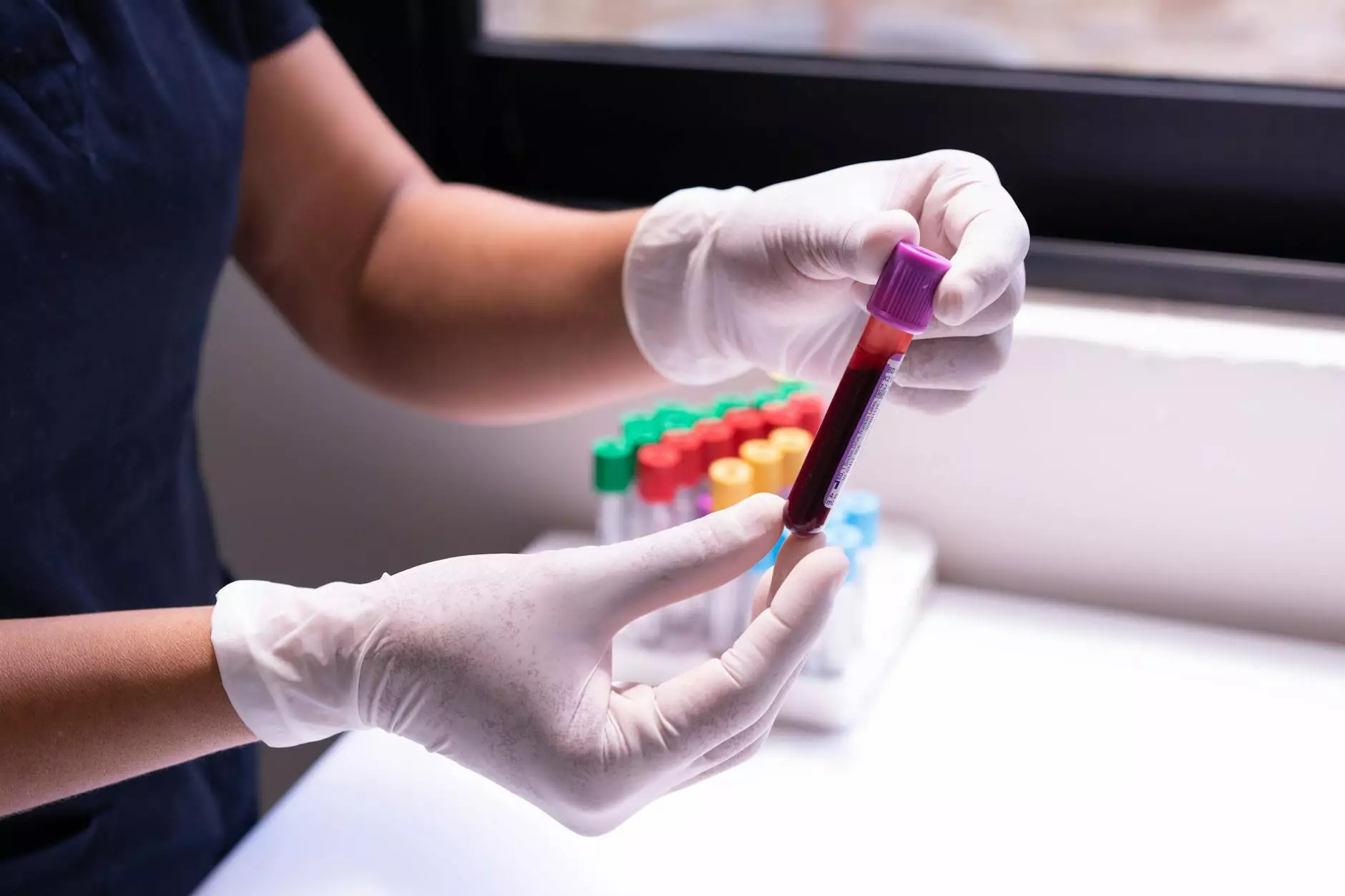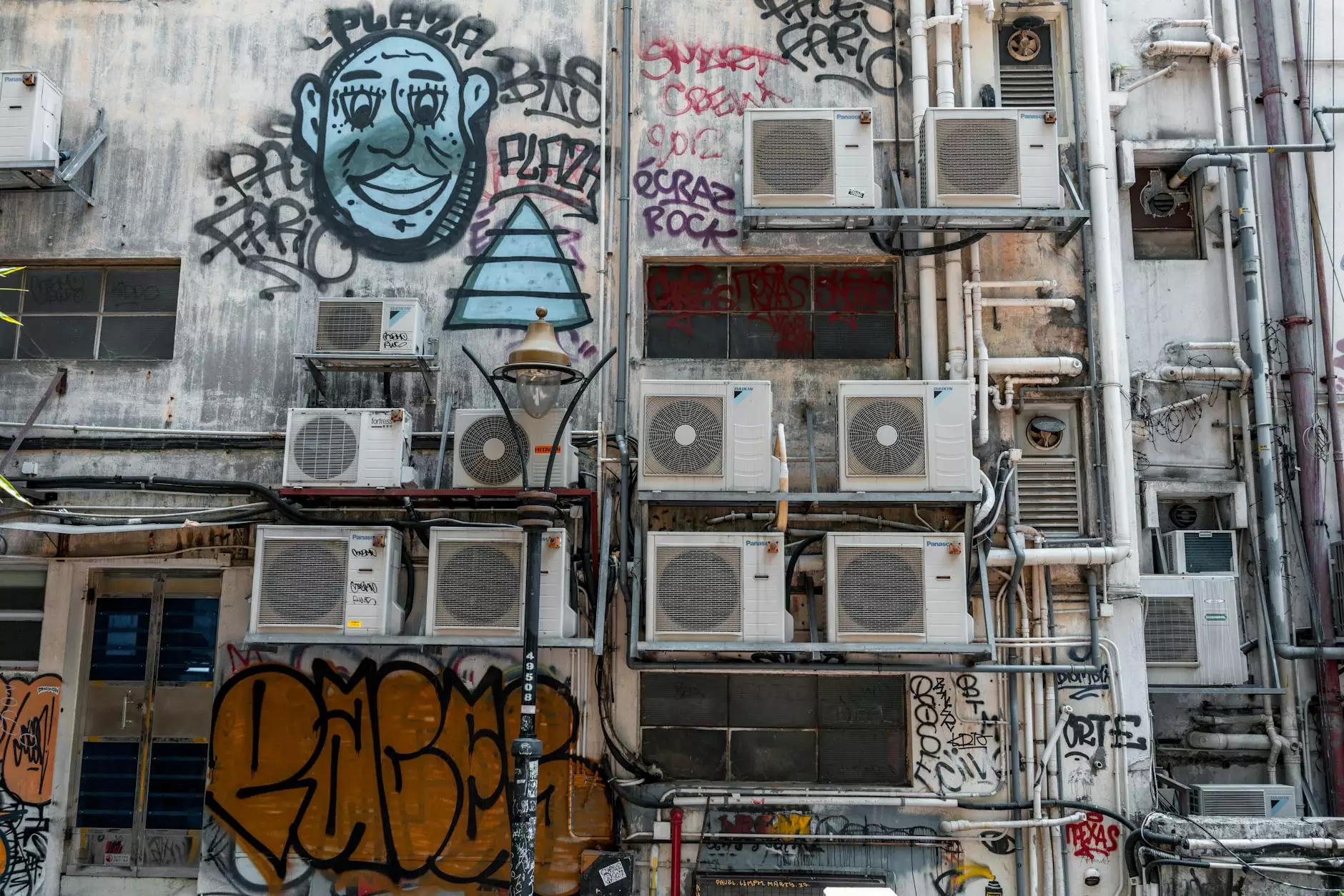Mobile Central Sterilization Unit: Revolutionizing Medical Hygiene

In the realm of healthcare, the significance of maintaining a sterile environment cannot be overstated. Mobile central sterilization units (MCSUs) have emerged as transformative solutions for medical facilities worldwide, aiding in the fight against infections and improving operational efficiency. This article delves deep into the advantages, technologies, and implementations of these specialized units, making it essential reading for professionals in the healthcare sector.
Understanding the Mobile Central Sterilization Unit
A mobile central sterilization unit is essentially a self-contained, transportable facility designed to sterilize medical instruments and equipment efficiently. These units are equipped with state-of-the-art technology that ensures compliance with health standards and protocols, making them a valuable asset for various medical settings, including hospitals, clinics, and surgical centers.
Key Features of Mobile Central Sterilization Units
- Comprehensive Sterilization Processes: MCSUs offer various sterilization methods, including steam, ethylene oxide, and hydrogen peroxide vapor, ensuring that a wide range of medical instruments can be effectively sanitized.
- Portability: The design of mobile units allows healthcare providers to transport sterilization capabilities directly to the point of need, thereby reducing logistical challenges.
- Modular Design: MCSUs are often modular, meaning they can be customized to fit specific healthcare needs, whether for emergency responses or routine operations.
- Real-time Monitoring: Equipped with technological advances, these units facilitate real-time monitoring of sterilization cycles, enhancing safety and accountability.
- Energy Efficiency: Modern MCSUs are designed to minimize energy consumption while maximizing performance, providing a more sustainable solution for healthcare facilities.
The Importance of Sterilization in Healthcare
Infection control is a critical aspect of patient care. The World Health Organization (WHO) has emphasized the necessity for stringent sterilization protocols to prevent healthcare-associated infections (HAIs). Mobile central sterilization units play a pivotal role in addressing these needs:
Enhancing Patient Safety
The primary goal of any healthcare provider is to ensure patient safety. By deploying mobile central sterilization units, facilities can significantly reduce the risk of infection transmission. Sterilized instruments contribute to better health outcomes and increase patient trust in medical practices.
Increased Efficiency
Mobile units streamline the sterilization process by bringing it closer to the point of use. This proximity not only reduces transportation times but also eliminates the risks associated with moving potentially contaminated instruments across different departments.
Scalability and Flexibility
During emergencies or peaks in service demand, such as pandemics, the ability to scale operations quickly is crucial. MCSUs allow healthcare facilities to adapt to fluctuating needs without sacrificing quality or safety.
Applications of Mobile Central Sterilization Units
The versatility of mobile central sterilization units means they have a wide array of applications in the medical sector. Here are some notable implementations:
1. Emergency Medical Services
During disaster response situations, the rapid deployment of MCSUs ensures that emergency medical teams have access to sterilized equipment, critical for treating patients affected by trauma, natural disasters, or other emergencies.
2. Rural Health Clinics
In many regions, particularly rural areas where access to central hospital facilities is limited, mobile central sterilization units can be a game-changer. They enable local clinics to maintain high sterilization standards, improving the quality of care delivered to communities.
3. Military Operations
In military contexts, where medical facilities may be set up in temporary locations, the mobility of sterilization units allows for quick setup and reliable sanitation of surgical tools, crucial for saving lives on the battlefield.
4. Medical Conferences and Events
Healthcare conferences often require onsite medical services. MCSUs provide a ready solution for sterilizing instruments used in demonstrations or emergency clinics set up during these events, ensuring hygiene standards are upheld.
Technological Innovations in Mobile Central Sterilization Units
As healthcare technology evolves, so do the capabilities of mobile central sterilization units. Here are some state-of-the-art innovations:
1. Automated Sterilization Cycles
Many modern MCSUs feature automation that manages sterilization cycles with minimal human intervention, reducing the chances of error and freeing staff for other critical tasks.
2. Integrated Data Management Systems
Advanced MCSUs incorporate data management systems that log every sterilization cycle, which is essential for compliance audits and improving operational transparency.
3. Mobile Apps for Monitoring
Some units now come with mobile applications that allow healthcare professionals to monitor sterilization status remotely, providing added convenience and oversight.
Implementing Mobile Central Sterilization Units in Your Facility
For healthcare administrators considering incorporating a mobile central sterilization unit into their operations, it is essential to evaluate several factors:
Needs Assessment
Understand your facility’s specific needs regarding sterilization. Assess the volume of instruments to be sterilized, the types of procedures conducted, and the existing sterilization workflows.
Budget Considerations
While the initial investment in an MCSU can be significant, consider the long-term savings and efficiencies gained from improved sterilization processes.
Training Staff
Training is vital to ensure staff can operate the MCSU effectively. Regular refresher courses and evaluations will help maintain high standards of hygiene.
Collaboration with Manufacturers
Engage with reputable manufacturers of mobile central sterilization units to discuss customization options, maintenance support, and warranty services.
Conclusion: The Future of Sterilization in Healthcare
The shift towards mobile central sterilization units is not just a passing trend but a step towards a safer and more efficient healthcare environment. By prioritizing sterilization, healthcare facilities can protect patients, streamline operations, and embrace the future of medical hygiene confidently.
As medical professionals continue to face challenges such as increasing patient loads and navigating complex infection control protocols, MCSUs provide an agile solution that adapts to various needs. Investing in these technologies will undoubtedly enhance the quality of care and operational efficiency in healthcare settings.
In summary, the implementation of a mobile central sterilization unit is a strategic move that benefits not only healthcare providers but also the patients they serve. For more insights and solutions tailored to your healthcare needs, visit odulairmobileclinics.com.









